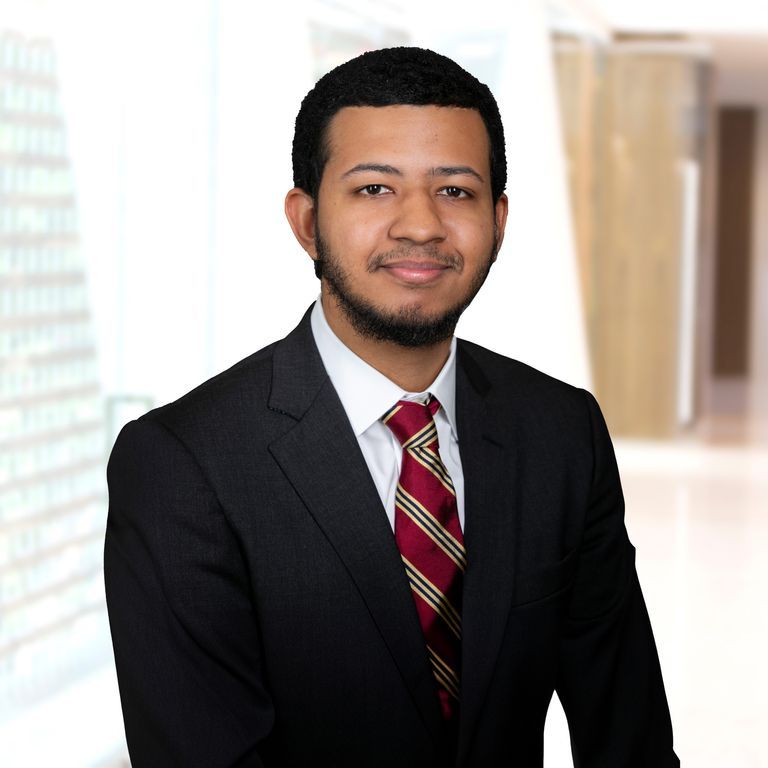Overview
In a decision reinforcing the constitutional limits on successive prosecutions, the Second Circuit in United States v. Cole vacated the conviction of entrepreneur and former CEO of Iconix Brand Group, Neil Cole, for substantive fraud charges related to his purported role in illegally inflating the revenue of Iconix through the use of falsely inflated contracts and secretive reimbursements. The Second Circuit determined that a jury's acquittal of Mr. Cole on conspiracy charges related to the allegations precluded the government from retrying him on the related charges for the substantive offense.
Mr. Cole was arrested and charged with a ten-count Indictment in the Southern District of New York in December 2019. He was charged with: one count of conspiracy in relation to securities fraud, submitting false or misleading SEC filings, and improperly influencing the conduct of audits; one count of conspiracy to destroy, alter, and falsify records in federal investigations; and eight substantive counts for securities fraud, making false or misleading SEC filings, and improperly influencing the conduct of audits. After fourteen days of trial in October 2021, a jury acquitted Mr. Cole of both conspiracy charges but failed to reach a unanimous verdict on the remaining substantive charges. The government retried Mr. Cole in November 2022 and, after twelve days of trial, a jury convicted Mr. Cole of the eight substantive charges of securities fraud and false SEC filings.
Mr. Cole challenged the government's retrial pursuant to the Double Jeopardy Clause, arguing that his acquittal on the conspiracy charges at his first trial precluded his retrial on the basis that the first jury necessarily found that Mr. Cole did not enter into the secretive agreements alleged by the government. The government's position was that the conspiracy acquittal did not preclude retrial because there were alternative interpretations of the jury's reasoning. While the District Court accepted this argument, the Second Circuit rejected the government's arguments. Applying the Supreme Court's framework from Yeager v. United States, the Second Circuit finding that the only rational explanation for the initial jury's acquittal was that the jury necessarily rejected the government's theory that Mr. Cole participated in secret deals to inflate revenue. Because that factual determination was essential to the government's theory regarding the substantive charges, the Second Circuit held that the Double Jeopardy Clause barred the second prosecution and vacated Mr. Cole's conviction.
After five years, two trials, and an appeal, Mr. Cole prevailed. This opinion underscores the importance of issue preclusion in complex, multi-count white collar cases which are more likely to result in split verdicts and emphasizes that a hung jury can create strategic opportunities in complex fraud cases.
Read the opinion here.



